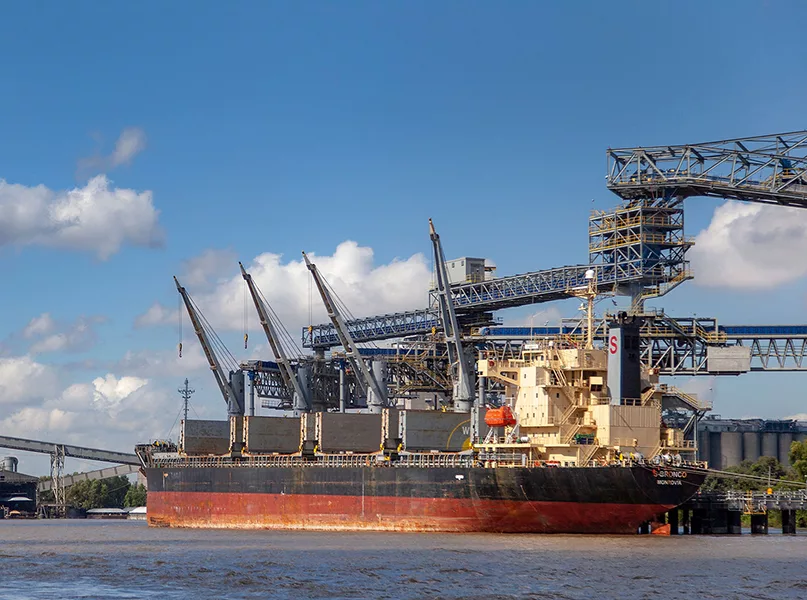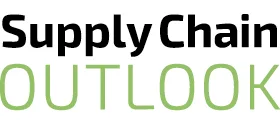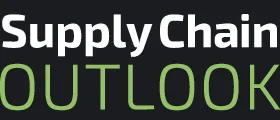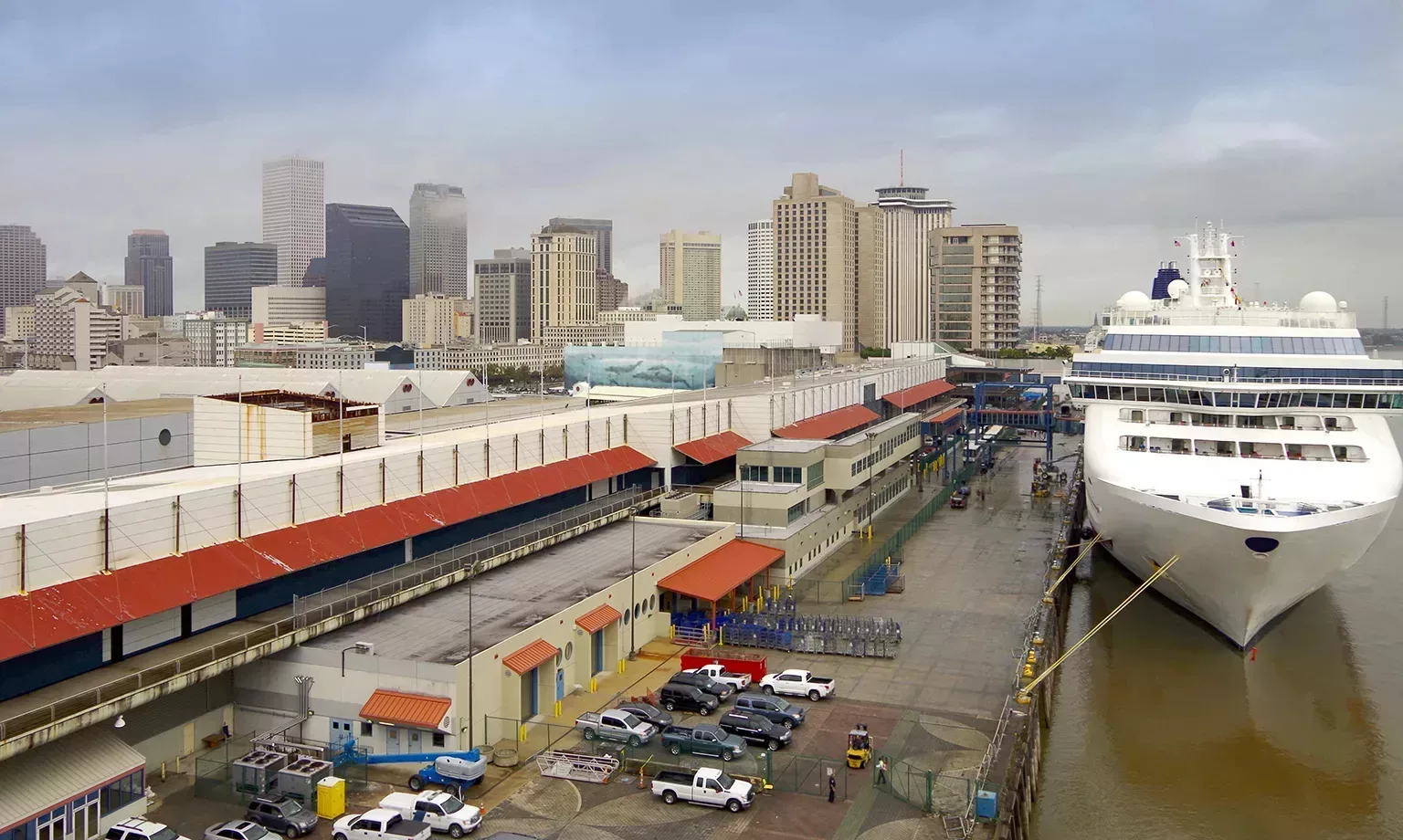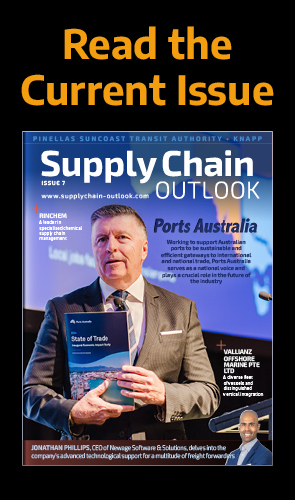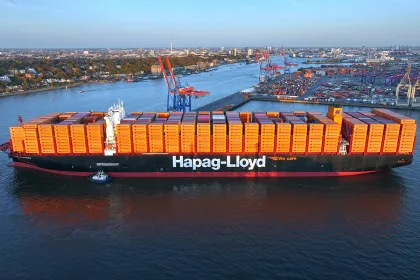The Louisiana port industry is an undeniable economic powerhouse. We take a closer look at this prominent industry and how it’s truly driving the nation’s economy.
- LOUISIANA, THE MARITIME STATE
- THE CRUCIAL PURPOSE
- Q& A with PORT ASSOCIATION OF LOUISIANA
- Can you talk us through the origins of the Ports Association of Louisiana, its inception, and its initial vision?
- How does the port industry in Louisiana affect the rest of the US and contribute to its economy?
- What are the association’s biggest challenges, and how do you propose to overcome them?
- Have you noticed any changes in the industry, particularly since the COVID-19 pandemic?
- Are there any key aspects of the industry you would like to highlight, or maybe any exciting projects of the association you would like to mention?
- How do you see the industry developing over the next five years?
- What are the goals and priorities of the association, and what tactics will you employ to facilitate or implement them?
LOUISIANA, THE MARITIME STATE
With Louisiana being a maritime state, ports are of immense importance to all the major industries both across the US and internationally. From oil and gas to agriculture and petrochemicals, ports connect and enhance these industries to reach global markets, as well as Louisiana’s own economy, with more than $182 billion seen in economic output.
The lower Mississippi River comprises the largest port complex in the world, with five ports that handle more than 500 million tons of cargo annually. This cargo contains more than 70 percent of the nation’s grain and 20 percent of petroleum and energy commodities, along with the coastal ports supporting 100 percent of the country’s offshore deep-water oil and gas production in the Gulf of Mexico.
Louisiana ports are also economic engines for their communities, creating approximately 525,000 jobs, or one in five jobs within the state. Additionally, they have recently accounted for $32.9 billion in annual personal earnings and produce 40 to 45 percent more direct jobs than the oil and gas industry.
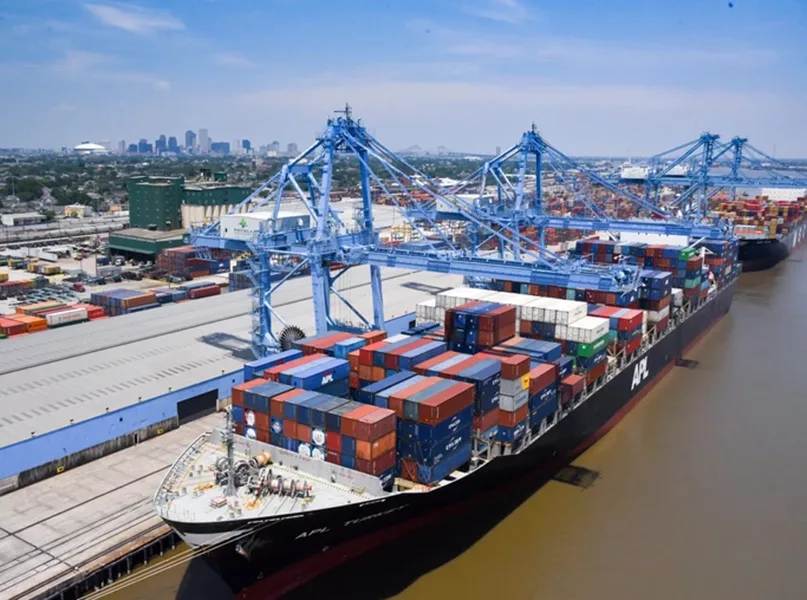
With so many vital ports in Louisiana working to support the entirety of the US, it is of the utmost importance to develop and foster good relations among them all and promote the exchange of information relative to new techniques or technologies for development, organization, administration, and management.
As the waters surrounding Louisiana are not only profitable in terms of their ports but also with their marine life and natural resources, it is necessary for those within the port industry to promote academic research and educational interest in the marine sectors to ensure the longevity of the port network and the local environment.
Ports can be categorized into three broad divisions: deep draft, inland, and coastal. The majority of the Louisiana ports are considered shallow-draft inland or shallow-draft coastal ports, covering approximately 172 miles on both banks of the Mississippi River. One of the most prominent examples of these are the Lake Providence Port, which has the largest tonnage of inland ports used for agricultural products. A prominent example of a coastal port is Port Fourchon, which services 100 percent of all deep water and 60 percent of all shallow water rigs in the Gulf of Mexico.
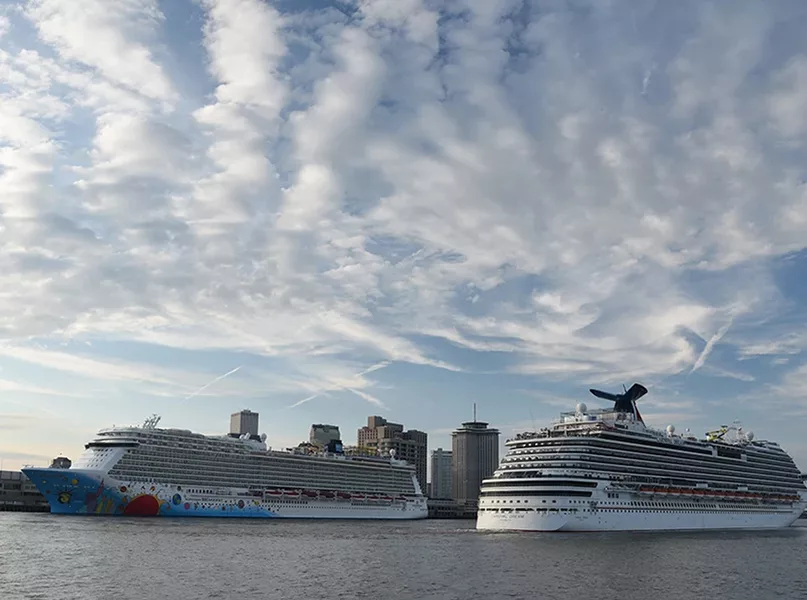
THE CRUCIAL PURPOSE
These ports serve a crucial purpose as they are the largest producer of crude oil in the US, and inland ports link farms to national and global markets.
To put it simply, industries like transportation, warehousing, manufacturing, mining, and agriculture would not exist in the manner that they do today without these ports. Daily life and necessities would falter in their availability and abundance, and the economy would see a significant increase in the already steadily rising prices of everyday goods without the daily and diligent effort of Louisiana’s ports.
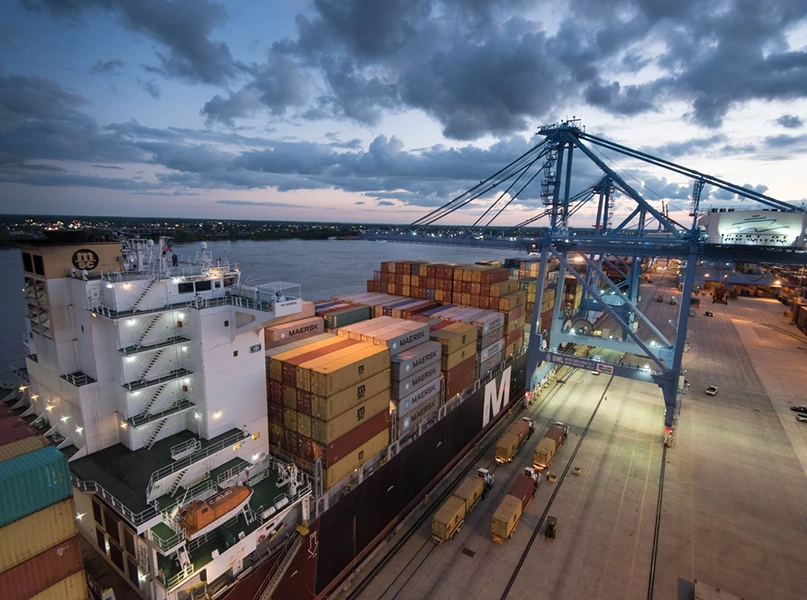
Q& A with PORT ASSOCIATION OF LOUISIANA
Jennifer Marusak, Executive Director of the Ports Association of Louisiana, discusses how Louisiana Ports are growing jobs, driving the economy, and making a difference across the US.

Can you talk us through the origins of the Ports Association of Louisiana, its inception, and its initial vision?
Jennifer Marusak, Executive Director (JM): The Ports Association of Louisiana (PAL) was founded in 1984 as a nonprofit trade association that serves to promote the exchange of information between ports relative to new techniques or technologies on development, organization, administration, and management. PAL further facilitates the formulation of common positions, policies, or plans on questions of common interest and presents such positions at regional, state, national, and international discussions It also initiates measures that represent the interests of association members within intergovernmental and other organizations in order to improve conditions and efficiency of the state’s port system.
Finally, the Ports Association works to promote academic research and educational interest in the ports and marine sectors; and to foster and encourage economic development within the State of Louisiana.
How does the port industry in Louisiana affect the rest of the US and contribute to its economy?
JM: Louisiana ports exist on a 14,500-mile inland waterway system, including rivers and intracoastal waterways.
Coastal ports support 100 percent of the nation’s deepwater offshore oil and gas production in the Gulf of Mexico. Cameron Parish’s liquified natural gas (LNG) production makes it the third among all nations. Inland ports are the economic engines of their local economies and produce thousands of jobs in their communities. Louisiana ports are responsible for $32.9 billion in annual personal earnings, more than $2.4 billion in state taxes and $1.8 billion in local taxes. The Louisiana Department of Transportation and Development (DODTD) and Louisiana Economic Development (LED) determined for every $1 invested in port infrastructure, $8 is returned to Louisiana coffers.
What are the association’s biggest challenges, and how do you propose to overcome them?
JM: The association’s biggest challenges will continue to be those that face our entire country, including struggles for capital investment, workforce development, unnecessary and onerous regulatory obstacles, and ensuring that we stay ahead of the game when it comes to cybersecurity. These are all issues that we constantly collaborate on with our corporate, associate members, and stakeholder communities to look for solutions – both immediate and long-term.
Have you noticed any changes in the industry, particularly since the COVID-19 pandemic?
JM: Louisiana ports never stopped working to ensure our nation’s supply chain was not interrupted during the COVID-19 pandemic. We installed safety measures for our workers back in March of 2020 – at our own cost. One port was severely impacted by the shutdown of the cruise industry, but it has come back stronger than ever.
Are there any key aspects of the industry you would like to highlight, or maybe any exciting projects of the association you would like to mention?
JM: It is imperative that our ports along the US’s gateway – the lower Mississippi River – are able to accommodate the larger ships that are coming through the Panama Canal. To that end, we have been working with our federal delegation and the Army Corps of Engineers to deepen the Mississippi River to 50 feet (ft)– all the way up to Baton Rouge. It is a project that will cost our federal government $300 million and Louisiana $150 million and will require ongoing maintenance.
The benefits of this project include an $11.49 billion increase in US production, a minimum of 17,000 new jobs, a $849 million increase in income, and a $89.4 to $1 benefit/cost ratio. It will increase the competitiveness of US exporters.
The 2014 Water Resources Reform & Development Act (WRRDA) authorized the deepening of the Mississippi River from the Port of Baton Rouge to the mouth of the river from 45 ft to 50 ft. The money was allocated in August 2020, and the project is ahead of schedule.
Louisiana also has the fastest-growing inland port in the nation in the northeast corner of the state.
How do you see the industry developing over the next five years?
JM: The industry will continue to flourish as the Mississippi River is deepened and our southwest ports continue to boom with the LNG sector.
What are the goals and priorities of the association, and what tactics will you employ to facilitate or implement them?
JM: The association strives to continue improving those priorities detailed in the initial vision. We work diligently with industry partners, state and federal agencies, legislators, and all maritime stakeholders to present a united front when addressing regulatory and funding obstacles. We will always be working to educate legislators and communities on the importance of Louisiana ports.
